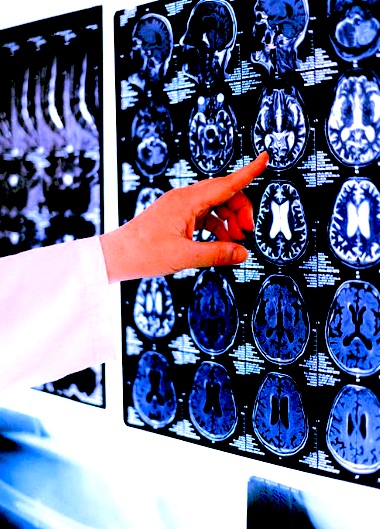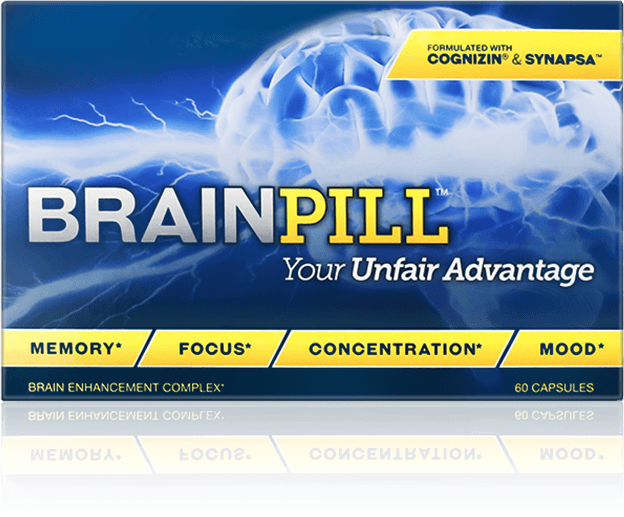We have all been forgetful at times. Maybe it was entering a room and not remembering why or not being able to recall a movie stars name from a show you watched on Netflix. But lately, there might be more than just random glitches in our cognitive functioning which you may have noticed during times when you found it difficult to concentrate on your usual work. It might not be a medical problem but just fuzzy, sluggish thinking, also known as 'brain fog'.
With brain fog, a person might feel less mentally sharp than usual, thoughts and emotions may feel numb, and everyday activities may seem to require more effort. Some people describe it as a foggy haze that makes it harder to access their thoughts or plan ahead.
Some examples of brain fog include:
- forgetting about a task they had to complete
- taking much longer than usual to complete simple tasks
- feeling frequently distracted
- feeling tired when working
What are Brain Fog Symptoms?
Neurologist Tamara Fong PhD M.D. found that in the COVID Survivorship Program at Beth Israel Deaconess Medical Center, that patients who recovered from COVID-19 experienced:
- difficulty concentrating
- can't think of a specific word they want to use
- uncharacteristically forgetful.
"Those who come to our cognitive clinic are among the estimated 22% to 32% of patients who recovered from COVID-19, yet find they still have brain fog as part of their experience of long COVID, or post-acute sequelae of SARS CoV-2 infection (PASC), as experts call it."
What are the Causes of Brain Fog?
Some of the causes of brain fog are:
- An inflammatory response. Most inflammation relates to joints, your brain can become inflamed too.
- Asthma and allergies.
- Anxiety, depression and stress.
- Cancer treatments.
- Hormonal changes.
- Sleep.
What is Brain Fog Like?
Brain fog after COVID-19 has similarities to ‘chemo brain’.
"Stanford research published in March 2021, covering the first year of the pandemic, found that about one in four COVID-19 patients had cognitive symptoms that lingered at least two months, even after mild infections. Patients’ symptoms included impairments to attention, concentration, memory and executive function, as well as slower information processing — all of which are also common among people who experience chemo brain after cancer treatment."
'Chemo brain' is a common term used by cancer survivors to describe thinking and memory problems that can occur during and after cancer treatment. Chemo brain can also be called chemo fog, cancer-related cognitive impairment or cognitive dysfunction.
What are some Brain Fog Treatments?
From the Harvard website, is their list of 'what might help clear the brain fog':
-
 Perform aerobic exercise. You may need to start slow, perhaps just two to three minutes a few times a day. While there is no established “dose” of exercise to improve brain health, it’s generally recommended you work toward 30 minutes a day, five days a week.
Perform aerobic exercise. You may need to start slow, perhaps just two to three minutes a few times a day. While there is no established “dose” of exercise to improve brain health, it’s generally recommended you work toward 30 minutes a day, five days a week.
-
- Eat Mediterranean-style meals. A healthy diet including olive oil, fruits and vegetables, nuts and beans, and whole grains has been proven to improve thinking, memory. and brain health.
-
- Avoid alcohol and drugs. Give your brain the best chance to heal by avoiding substances which can adversely affect it.
-
- Sleep well. Sleep is a time when the brain and body can clear out toxins and work toward healing. Make sure you give your body the sleep it needs.
-
-
- Participate in social activities. We are social animals. Not only do social activities benefit our moods, but they help our thinking and memory as well.
- Pursue other beneficial activities, including engaging in novel, cognitively stimulating activities; listening to music; practicing mindfulness; and keeping a positive mental attitude.
-
At Stanford, they have already begun researching medications that could alleviate brain fog after chemotherapy, and they plan to investigate whether these drugs are helpful after SARS-CoV-2 infection.
“While there are many similarities to cognitive impairment after cancer, there are probably differences, too”. “We need to test any potential therapies explicitly for COVID.” - Michell Monie.
Monje is a member of Stanford Bio-X, the Stanford Institute for Stem Cell Biology and Regenerative Medicine, Stanford’s Maternal and Child Health Research Institute, the Stanford Cancer Institute, and the Stanford Wu Tsai Neurosciences Institute.
If you find it difficult maintaining a Mediterranean diet, you mind find it easier to try the brain pill designed to:
- Eliminate brain Fog
- Combat Mental Fatigue
- Improves learning abilities
How Long does Brain Fog Last After COVID-19?
The vast majority of patients with post-COVID-19 brain fog recover completely over the course of 6 to 9 months.
The first several months after having COVID-19 should be spent trying to resume prior activities as much as possible. Be patient with yourself and gradually reintroduce the exercise or activity at a slower pace over several weeks. Remember that the brain heals over months, so be patient since the brain can only change at its own pace.

